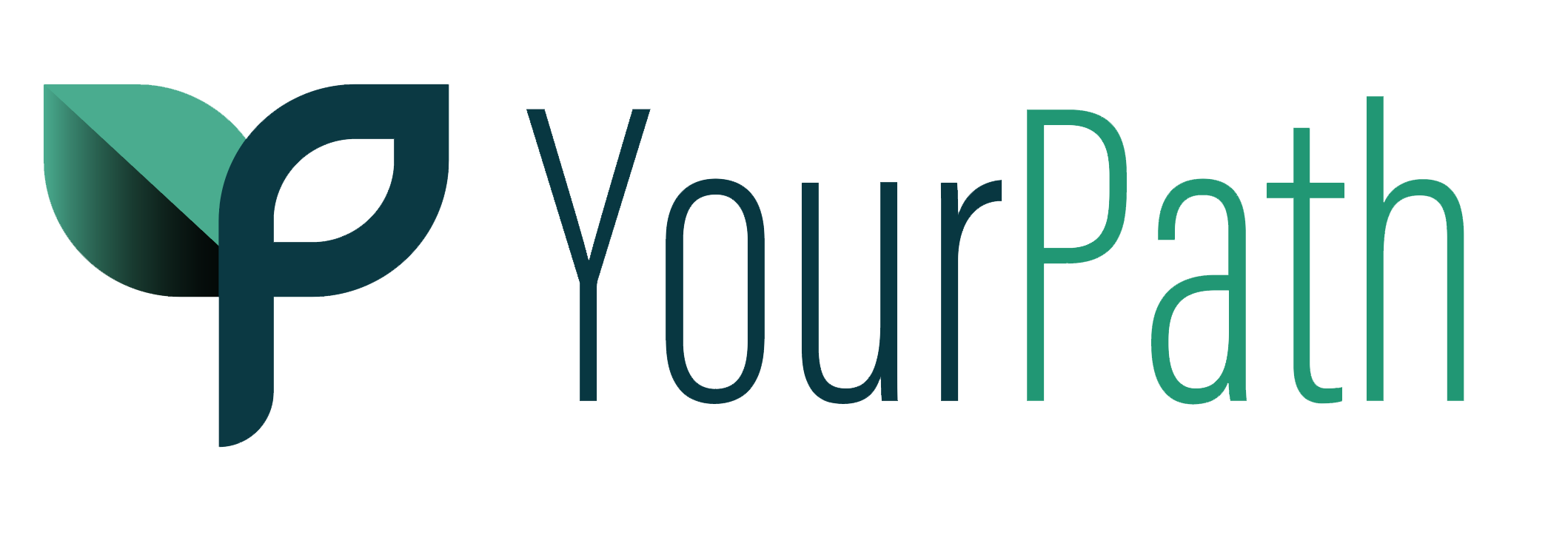Recovery Community Organizations are the Future of Healthcare
Recovery Community Organizations will become the fastest-growing, most-effective piece of the addiction recovery system in the next ten years. I believe this model of grassroots service offerings and real-world connection will not only revolutionize the care for people with SUD, it may just go ahead and revolutionize healthcare.
I have been fortunate to experience lots of healthcare for SUD and mental health issues as a consumer, a frontline staff member, an administrator and as a consultant. In all of my travels around the country, the power of RCOs is the thing that consistently brings the heft and lightning of effective recovery services. When properly trained and in their lane, peers bring the most bang for the buck of any of the helping professionals. A solid peer can make the entire system and continuum function more effectively. A good peer can increase engagement and census, prevent no-shows, help people stay on their medications longer, and ultimately, have the ability to effectively — and efficiently — improve outcomes for people with some very complex needs.
In many of the big healthcare conferences, the focus has been shifted to addressing quality and outcome metrics through services that work on the whole person. Whether it is a framework like the Social Determinants of Health, a Community Centered Behavioral Health Home, or any of the other, numerous frameworks of the conceptualization and delivery of holistic services, all of these approaches hinge on effective navigation of this busted system, trust and connection.
The authenticity of the peer relationship has this by the truckload. As we continue to see that the therapeutic alliance drives the efficacy of our interventions, our peers are our best asset. Disarming, uniquely intuitive, knowledgeable in a way that takes many providers years (or decades) to achieve, we have access to a raw talent, that if guided and placed in appropriate settings, can not only change the care trajectory for individuals, but for whole systems. By their simple presence, they fight stigma and discrimination. Just by showing up in settings unfamiliar with recovery, they are ambassadors of hope.
And if there is a cure for healthcare, I believe that it will be through a combination of the decidedly low-tech magic of two human beings sitting knee-to-knee with the high-tech precision of short, virtual meetings with highly-trained clinicians armed with mountains of data. Either of these approaches has its benefit, but together, I think they can change the world.
We are thrilled to be supporting our RCOs in MN as we help them realize their potential as THE center of our Recovery Oriented System of Care. Here’s to our heroes who are currently building the future, often working for the love of the people they serve, alone and in uncertainty.
On our call today, one of our community’s best assets said she had moved into an unpaid role after the grant that was supporting her being paid ended. She said she’s running on “heavy faith.” Our hope is that this work, despite the current uncertainty and lack of prioritization for recovery services, bridges us to a future where recovery is adequately supported and available to all who seek it.

